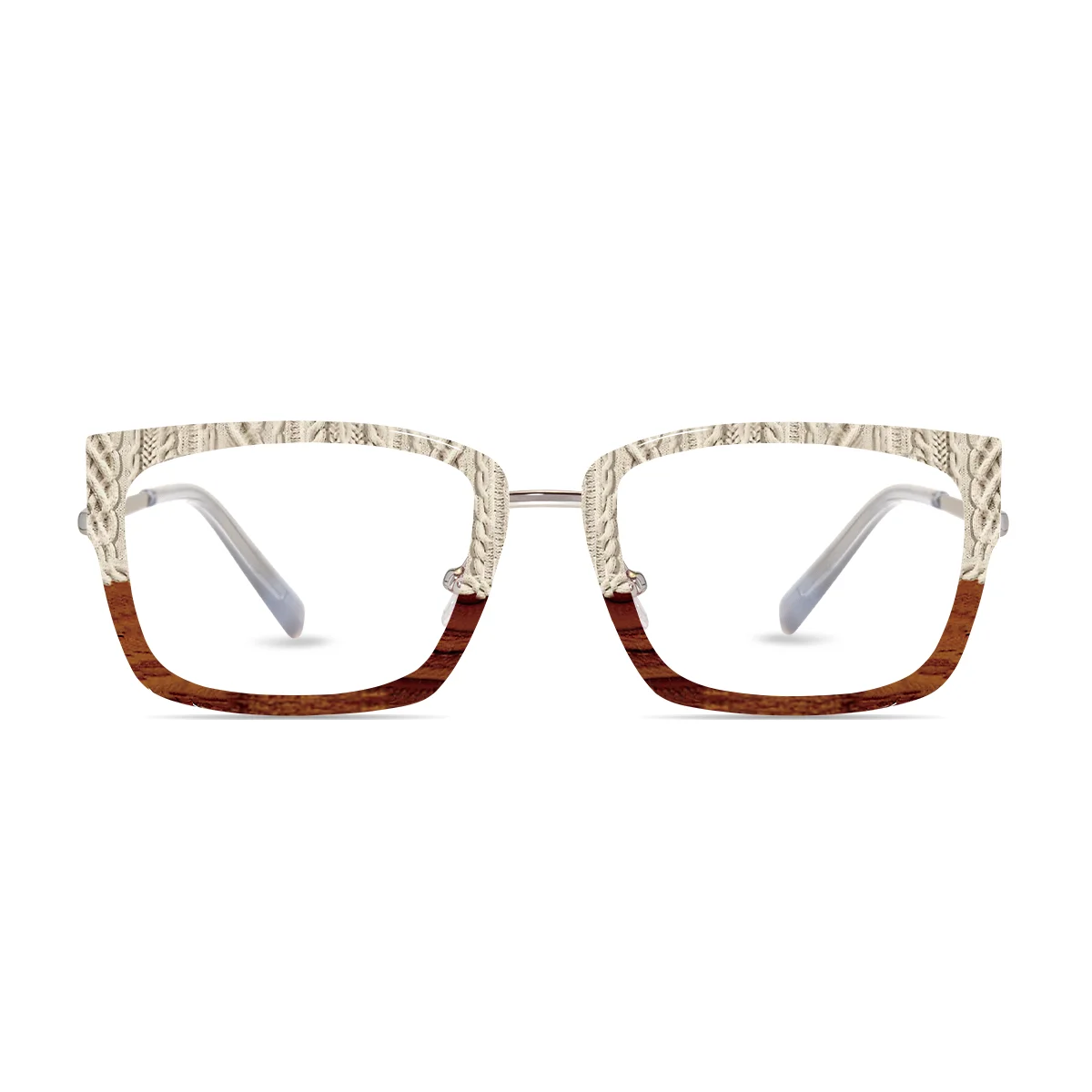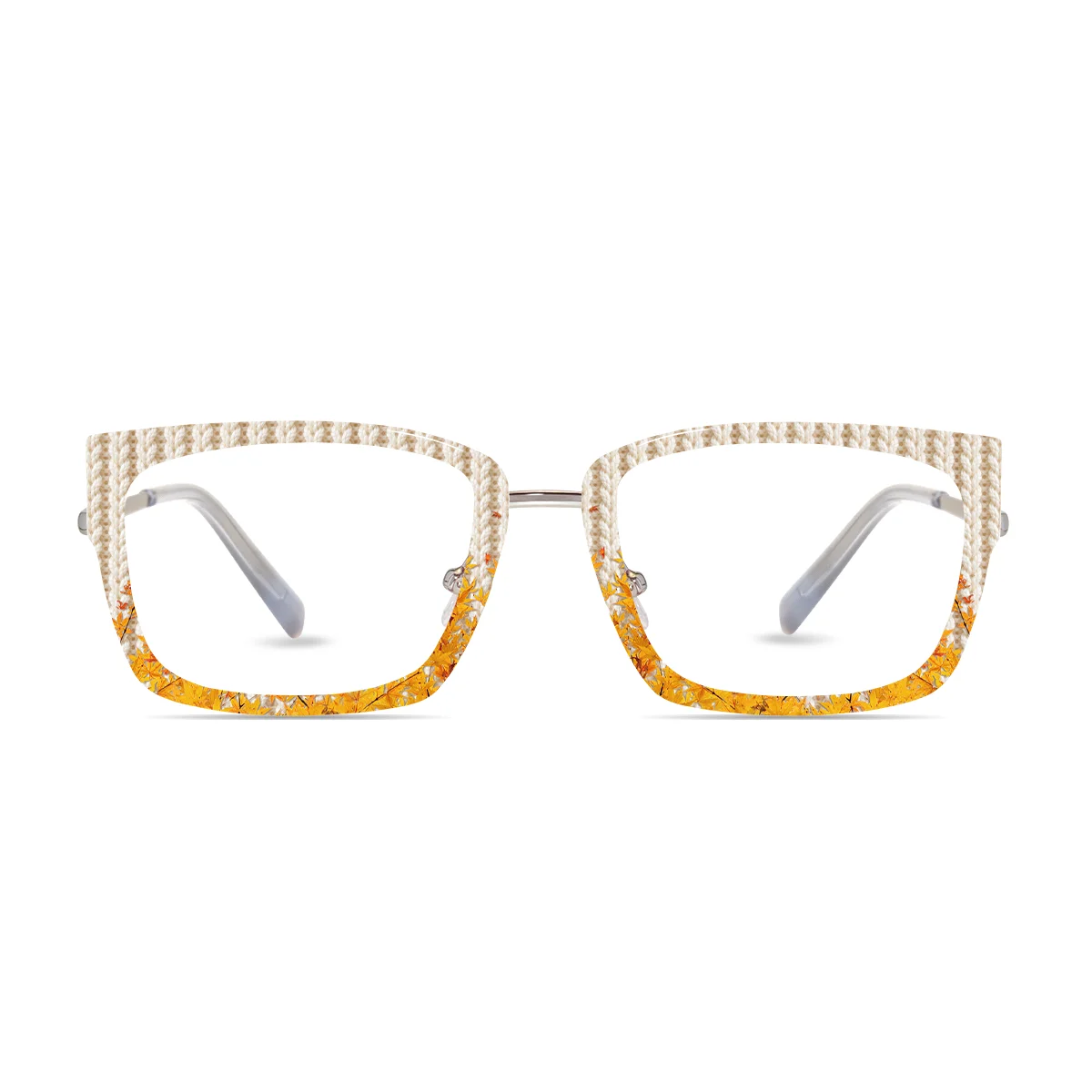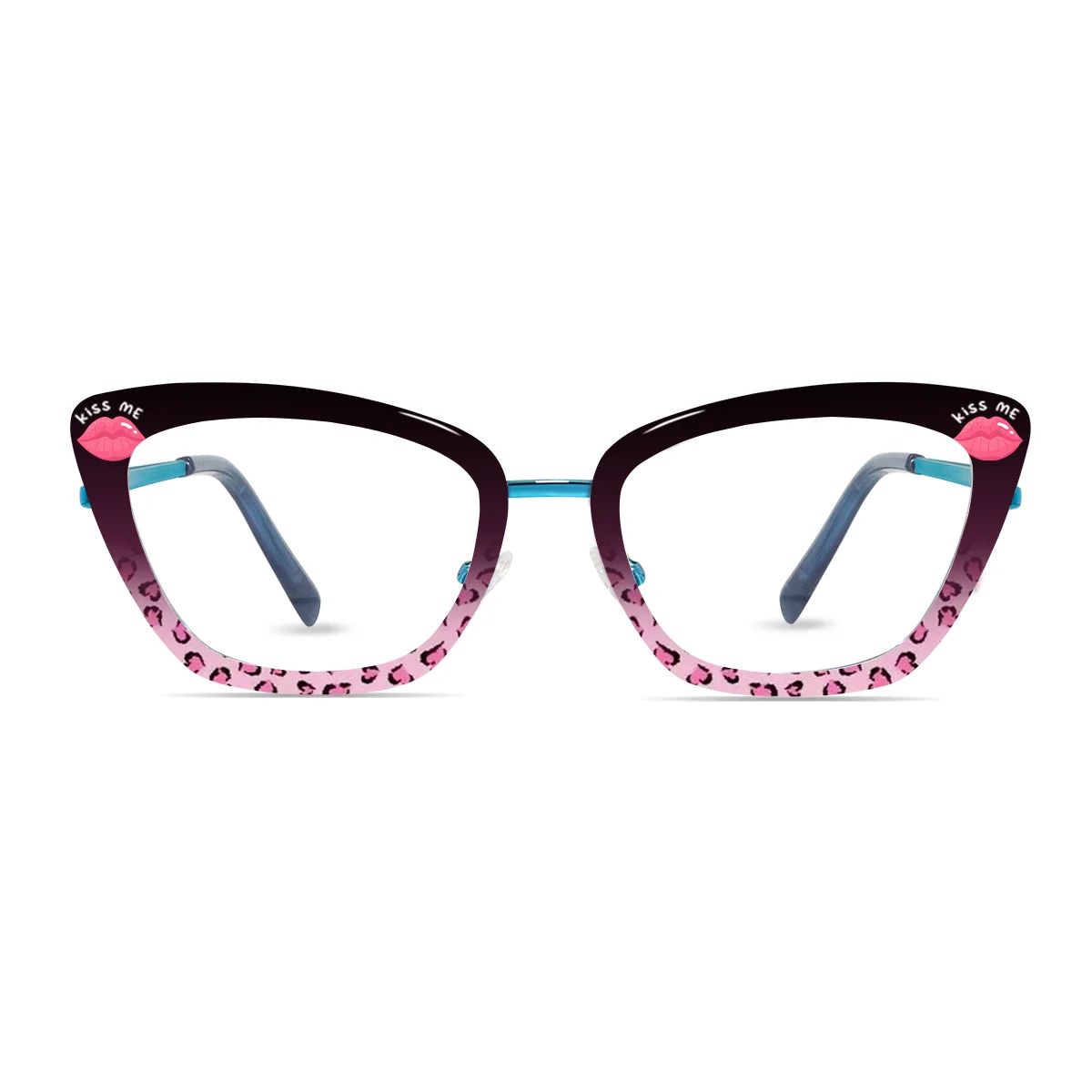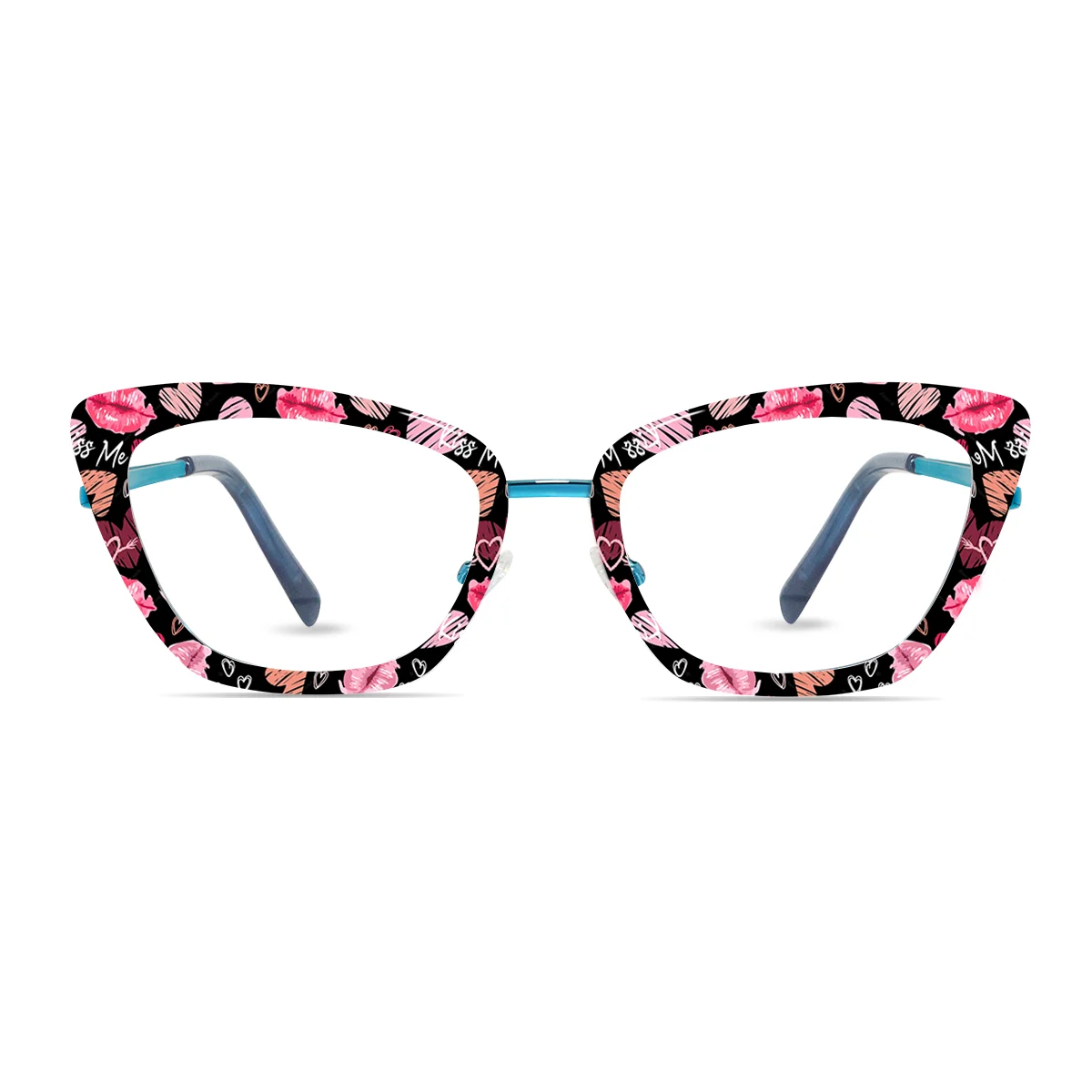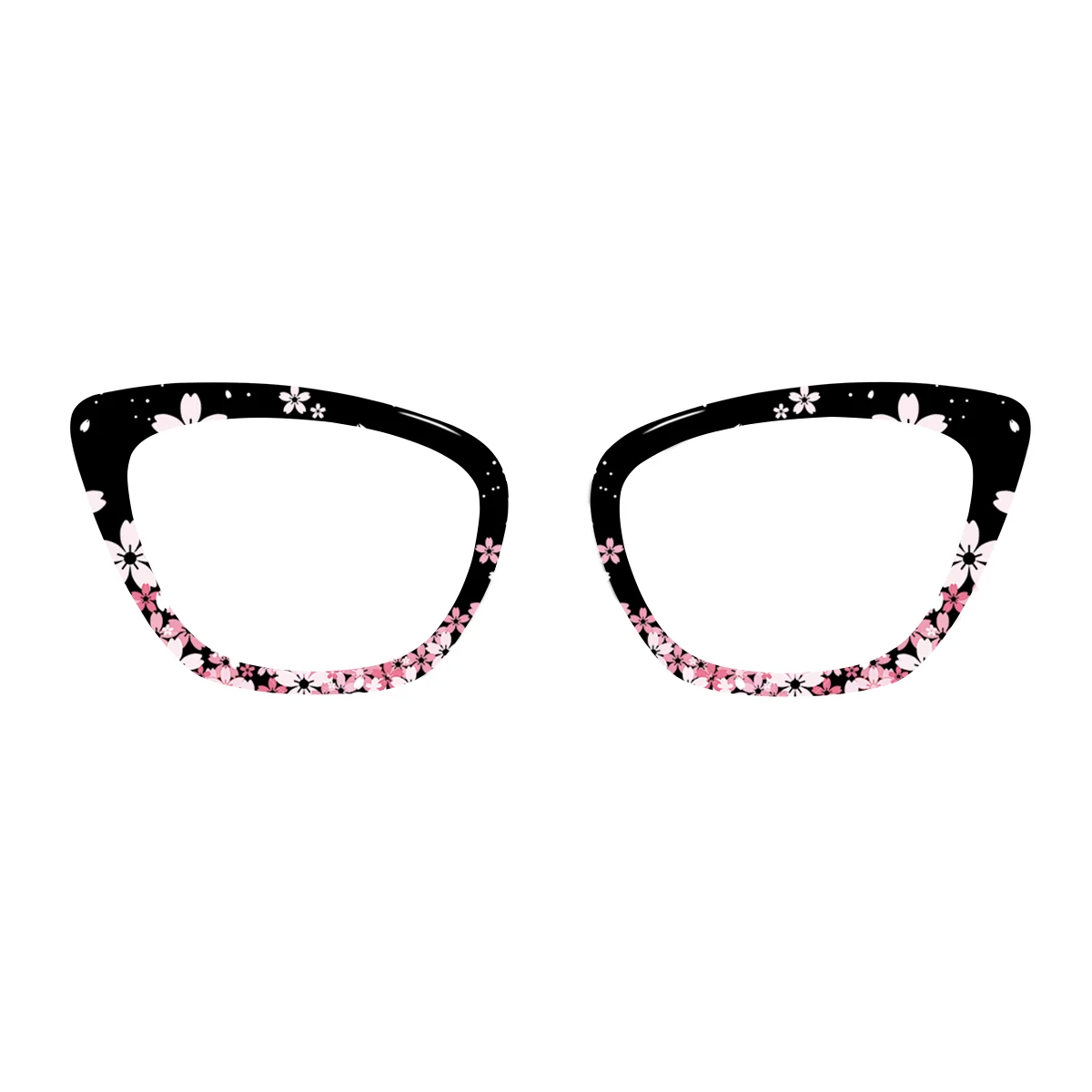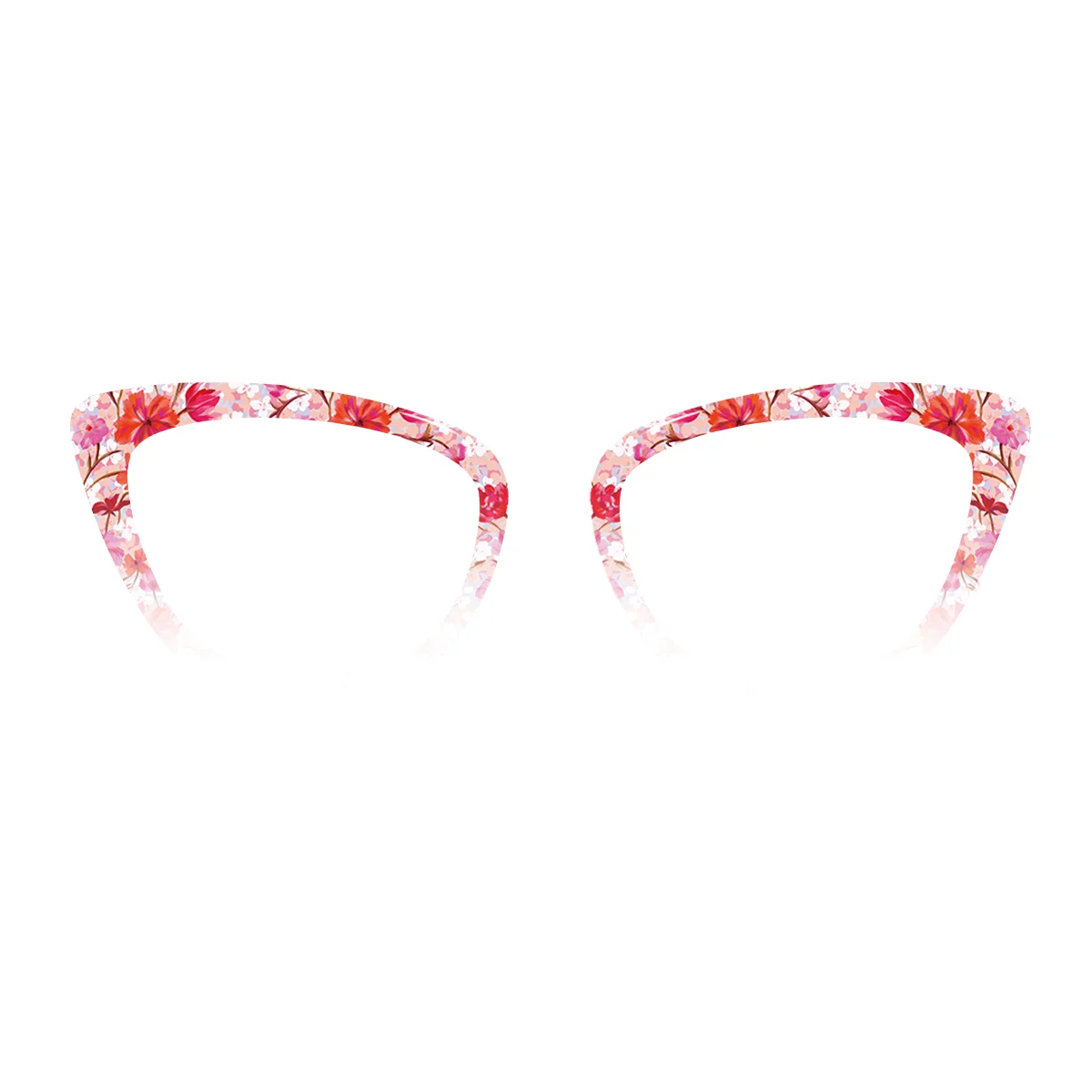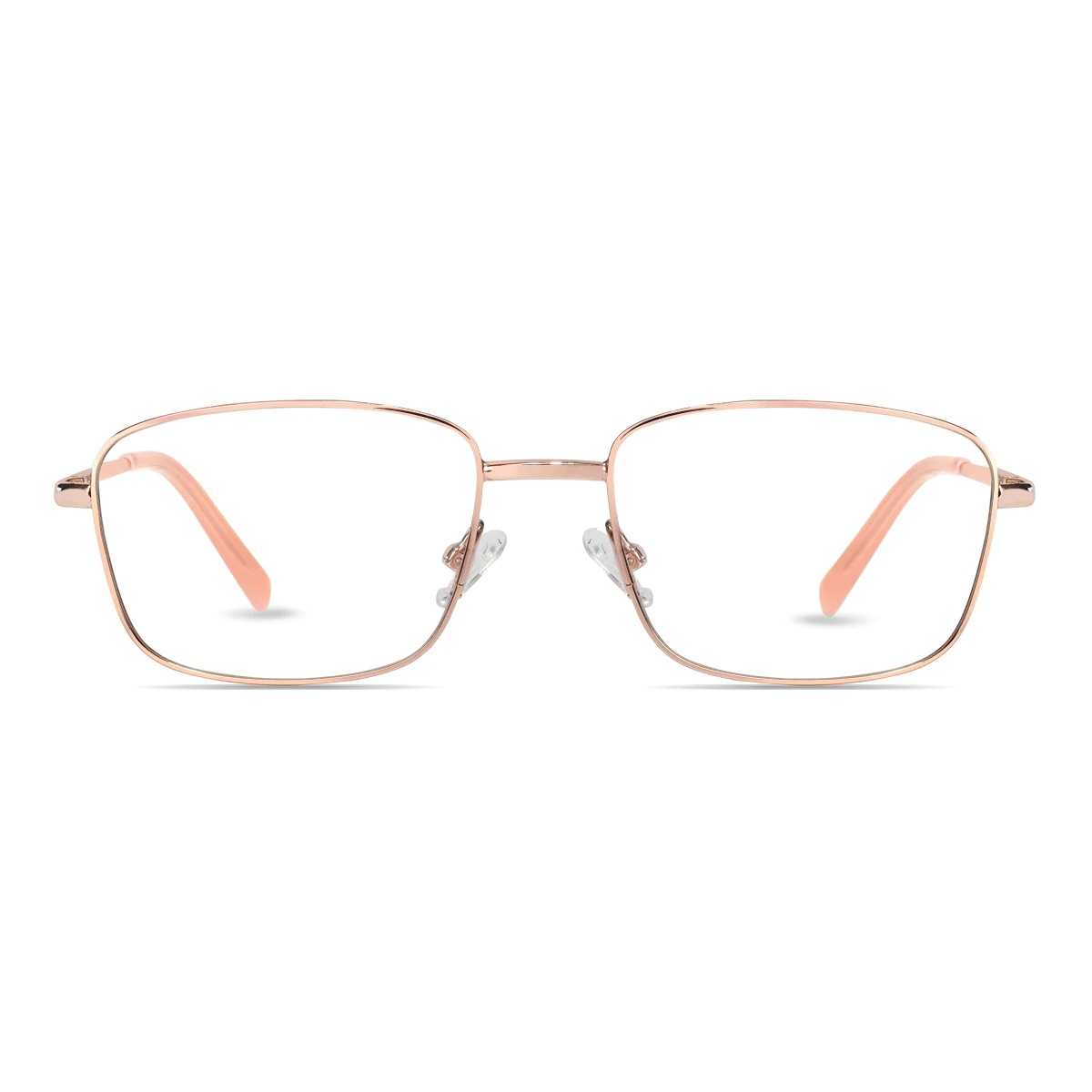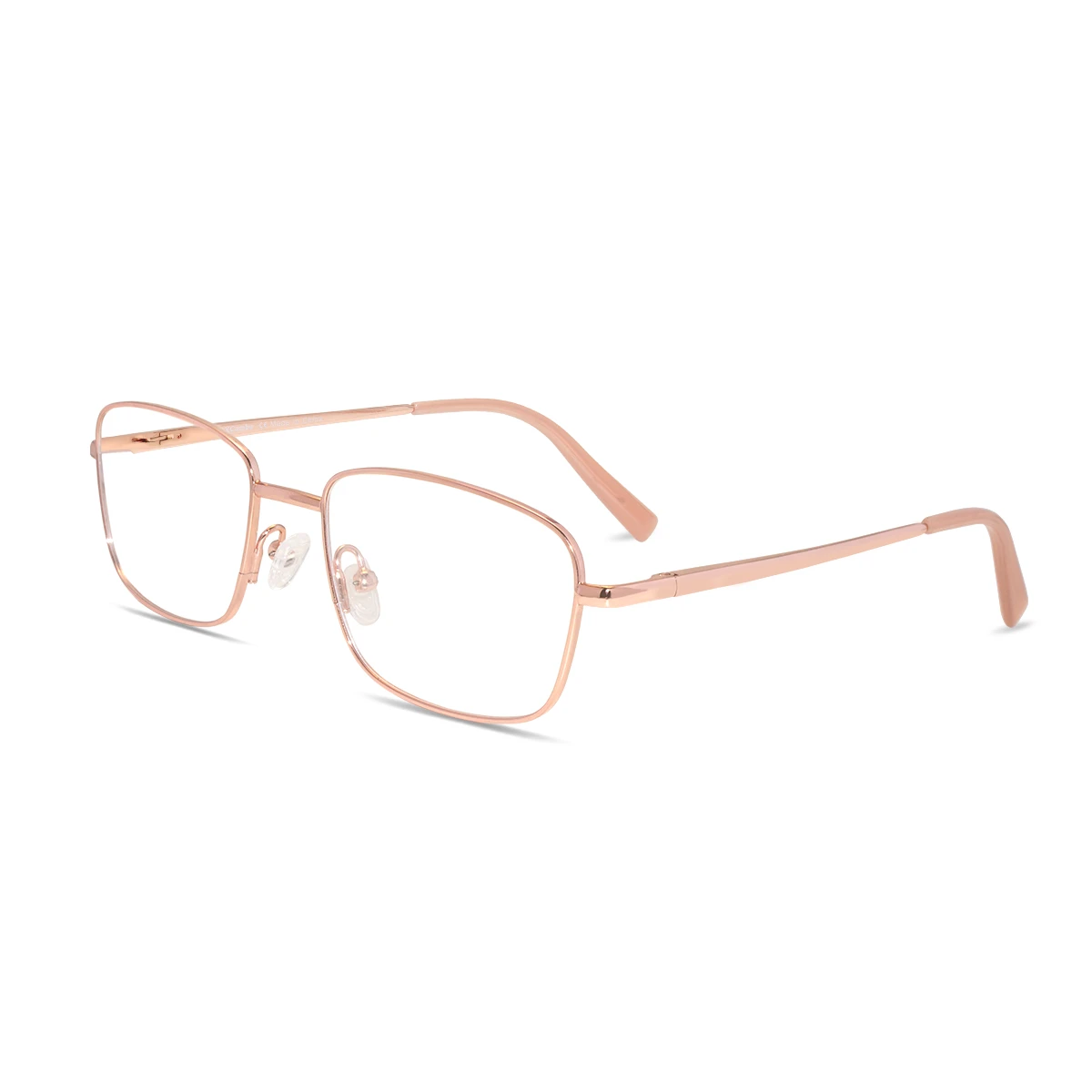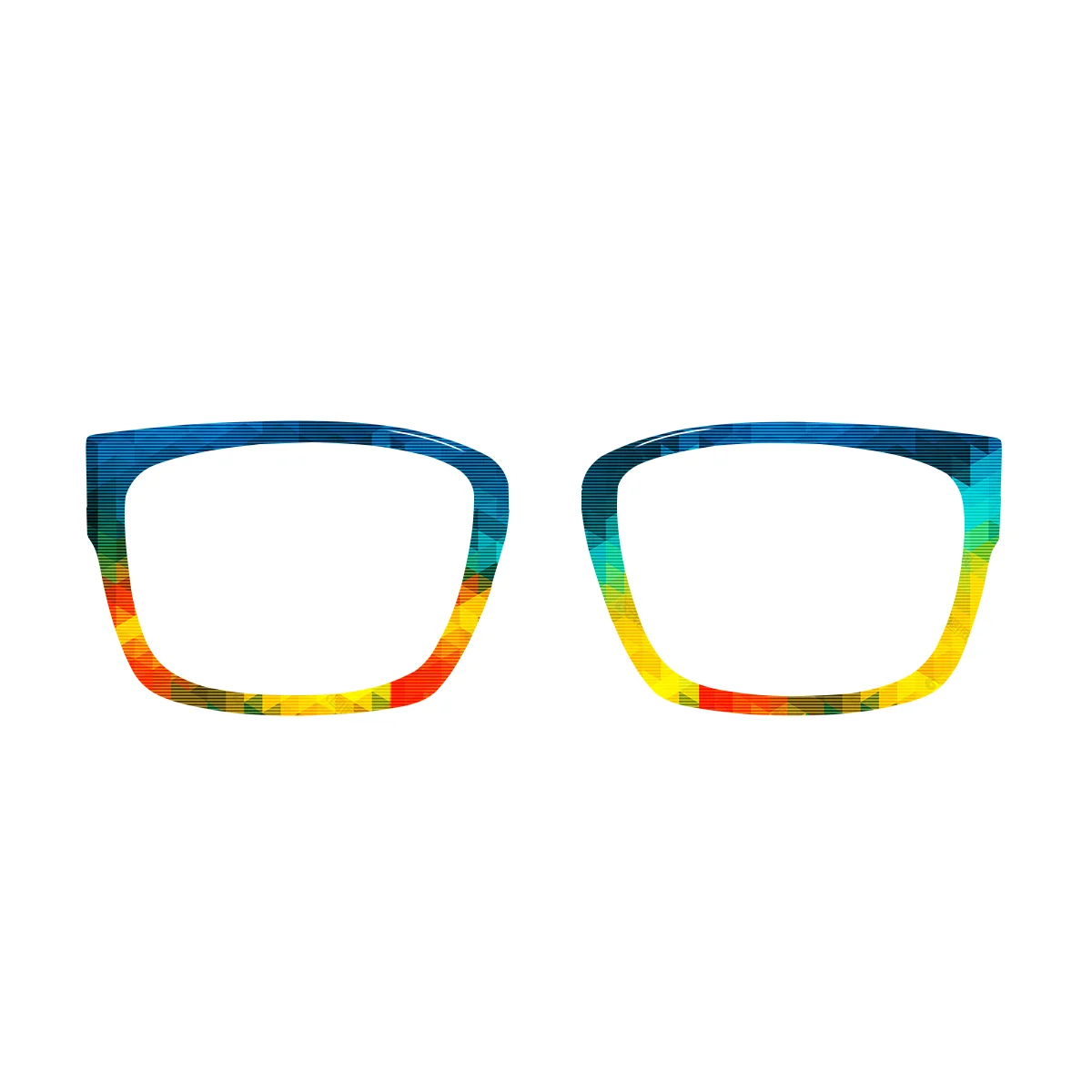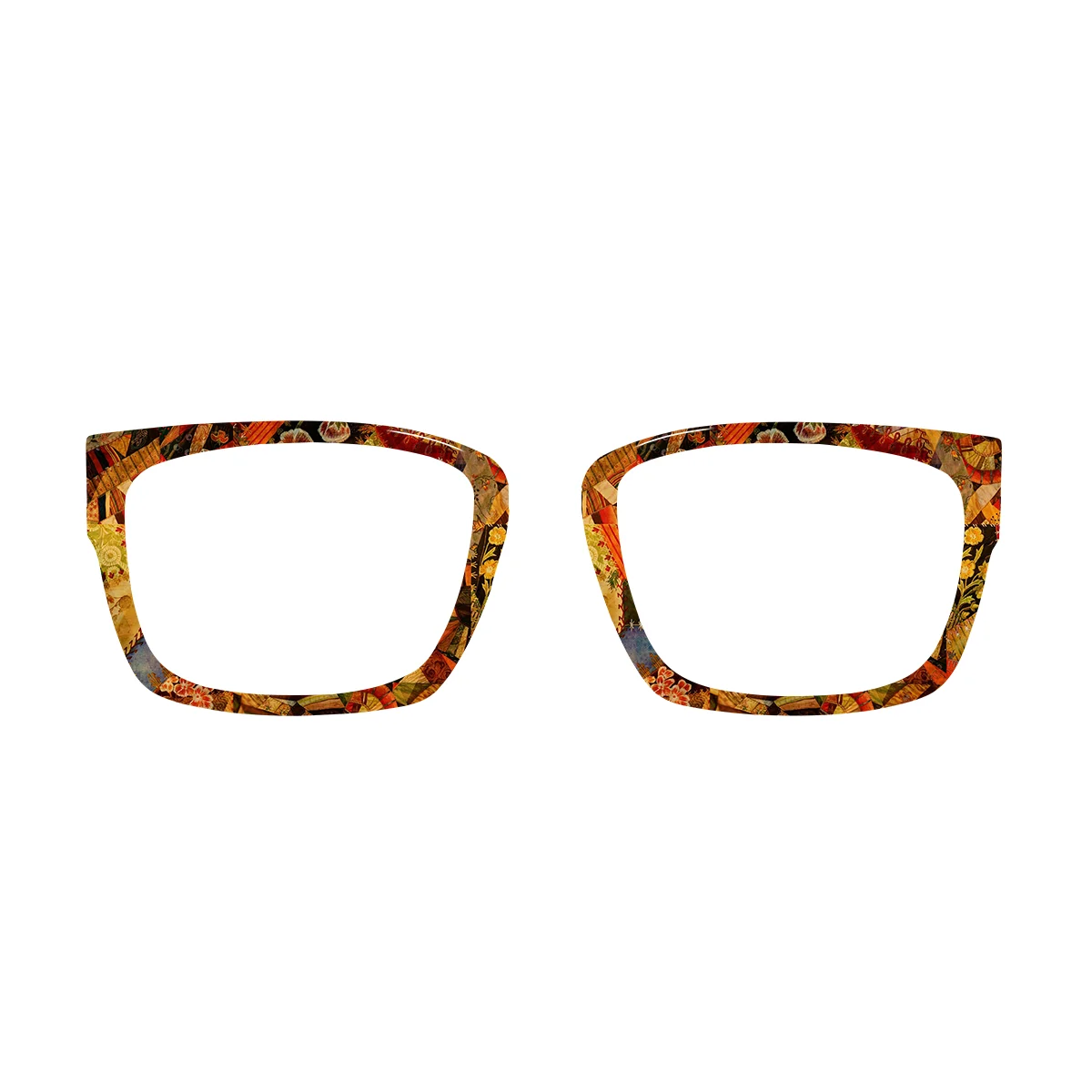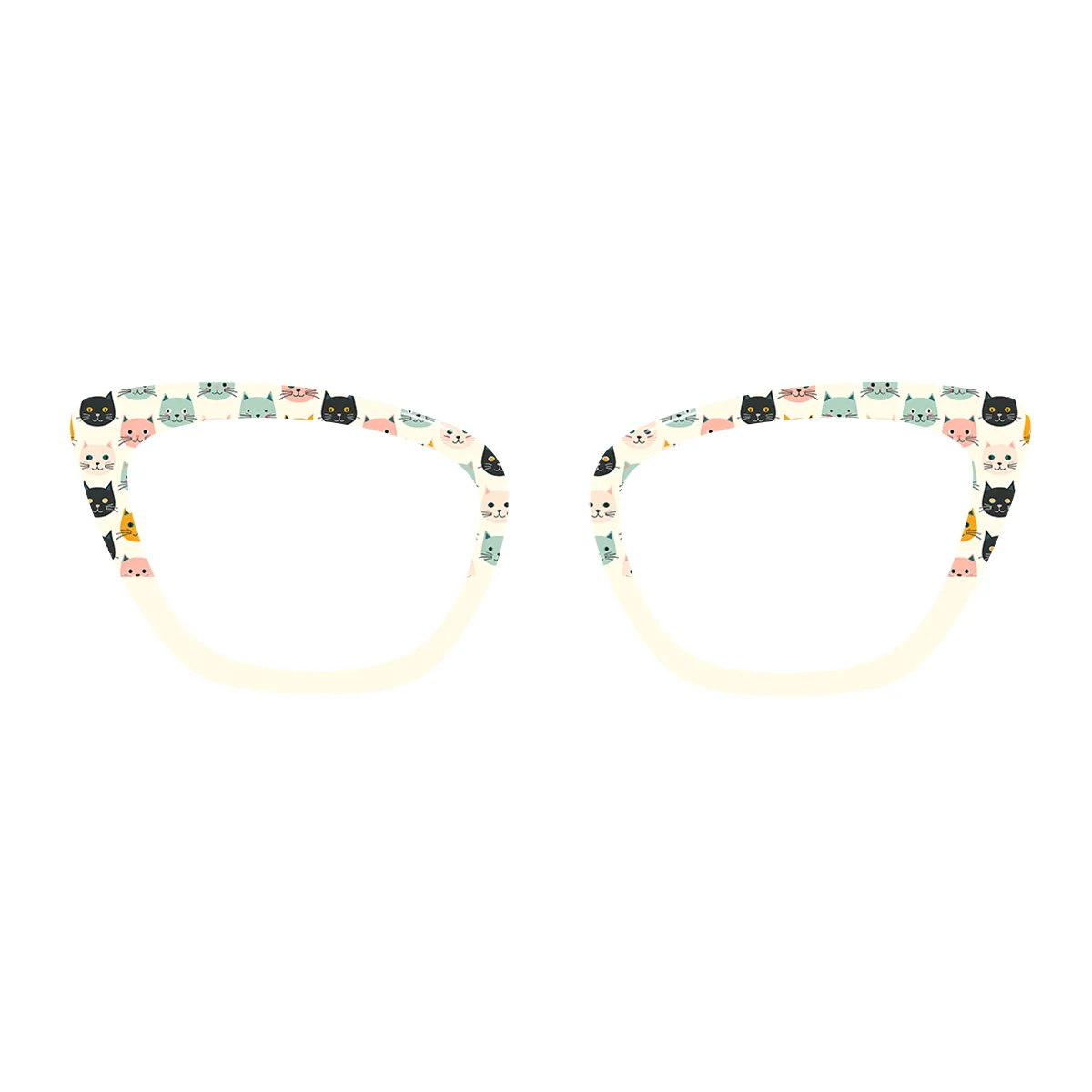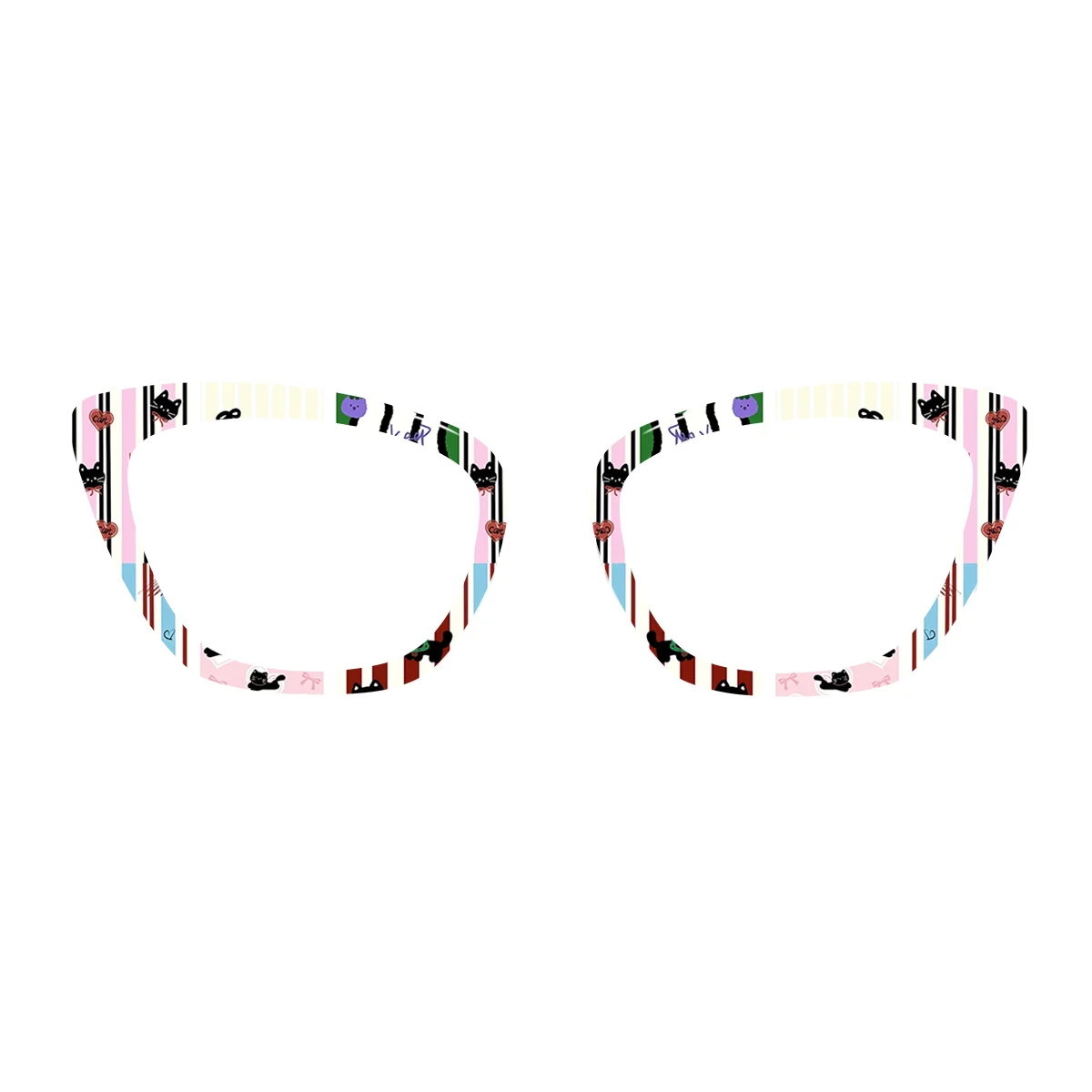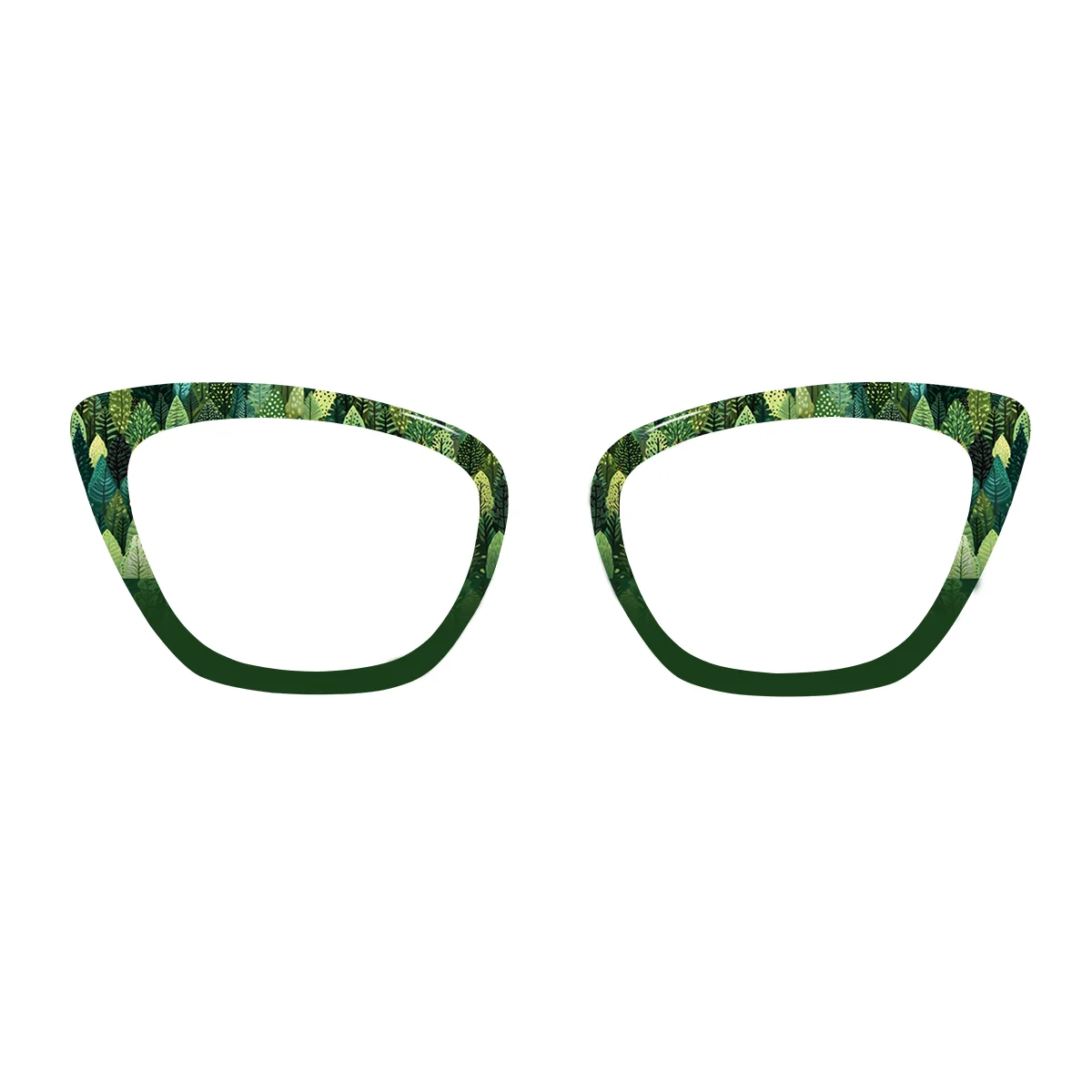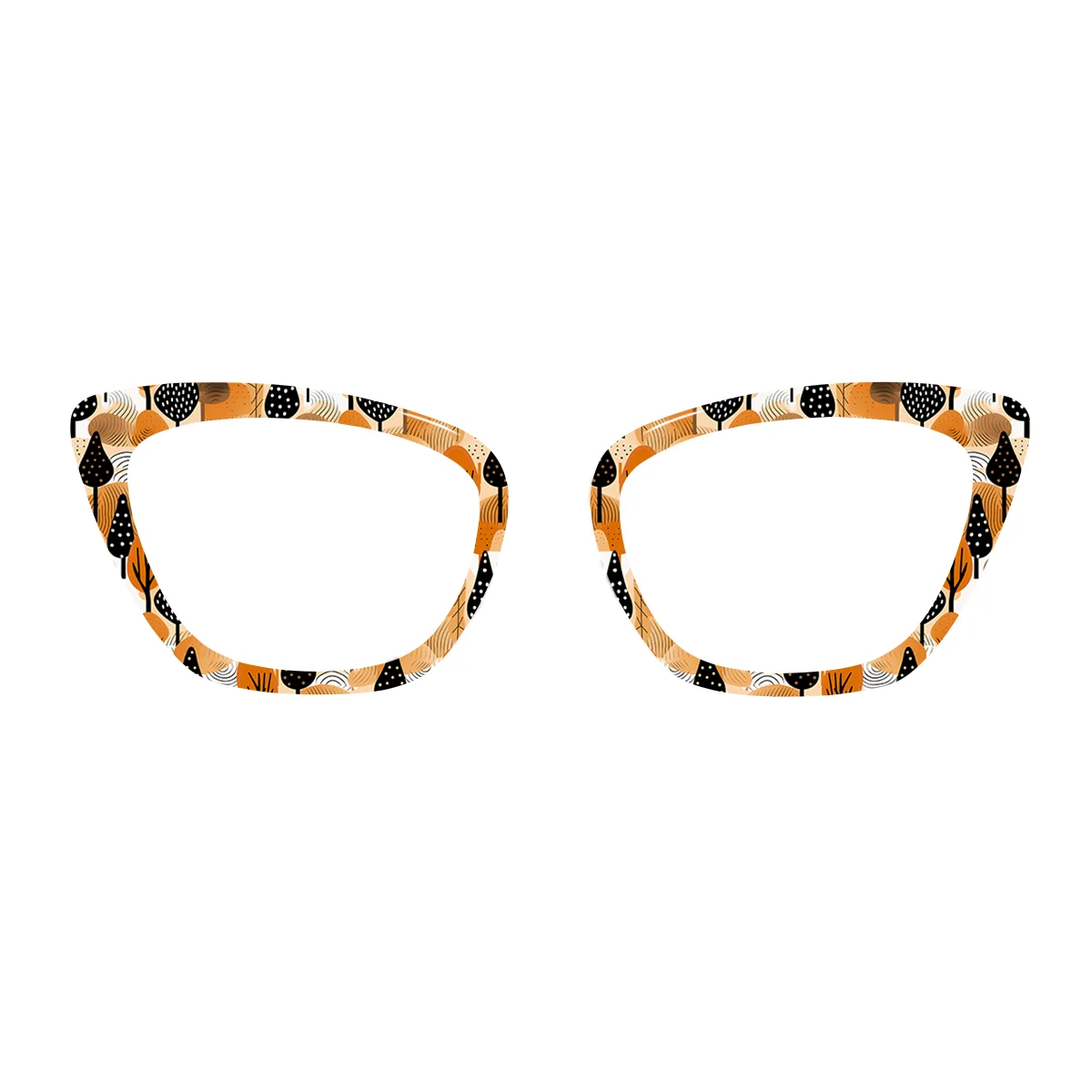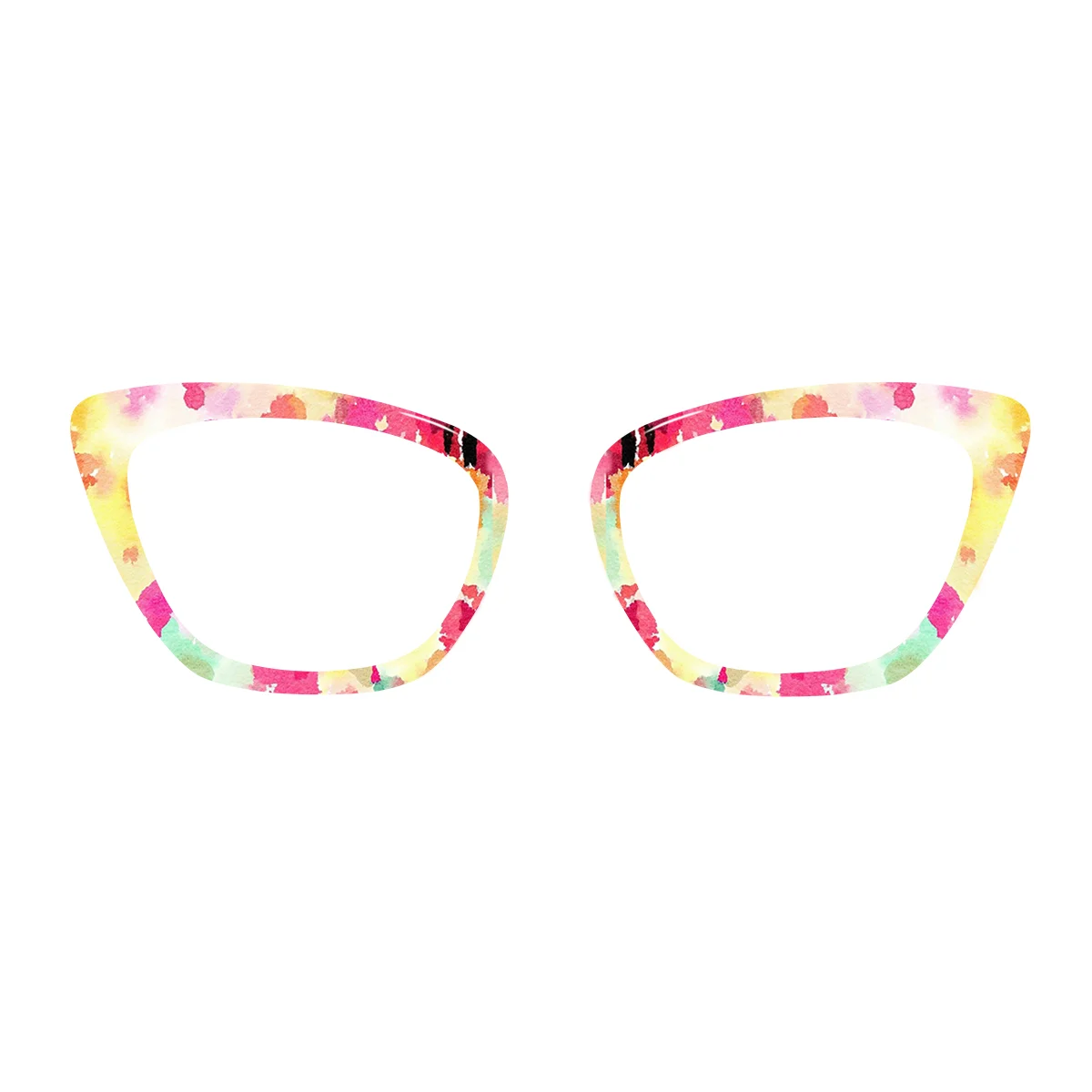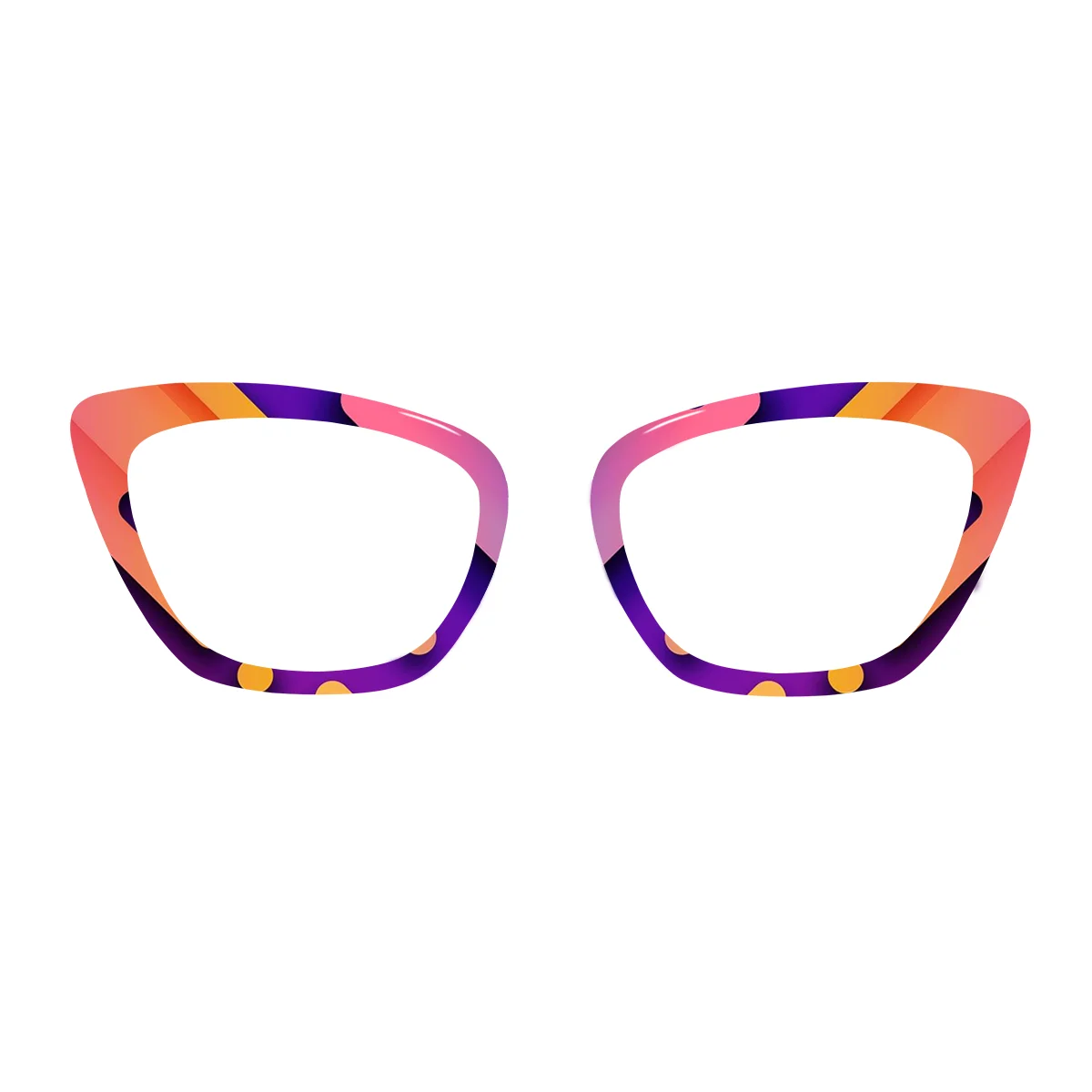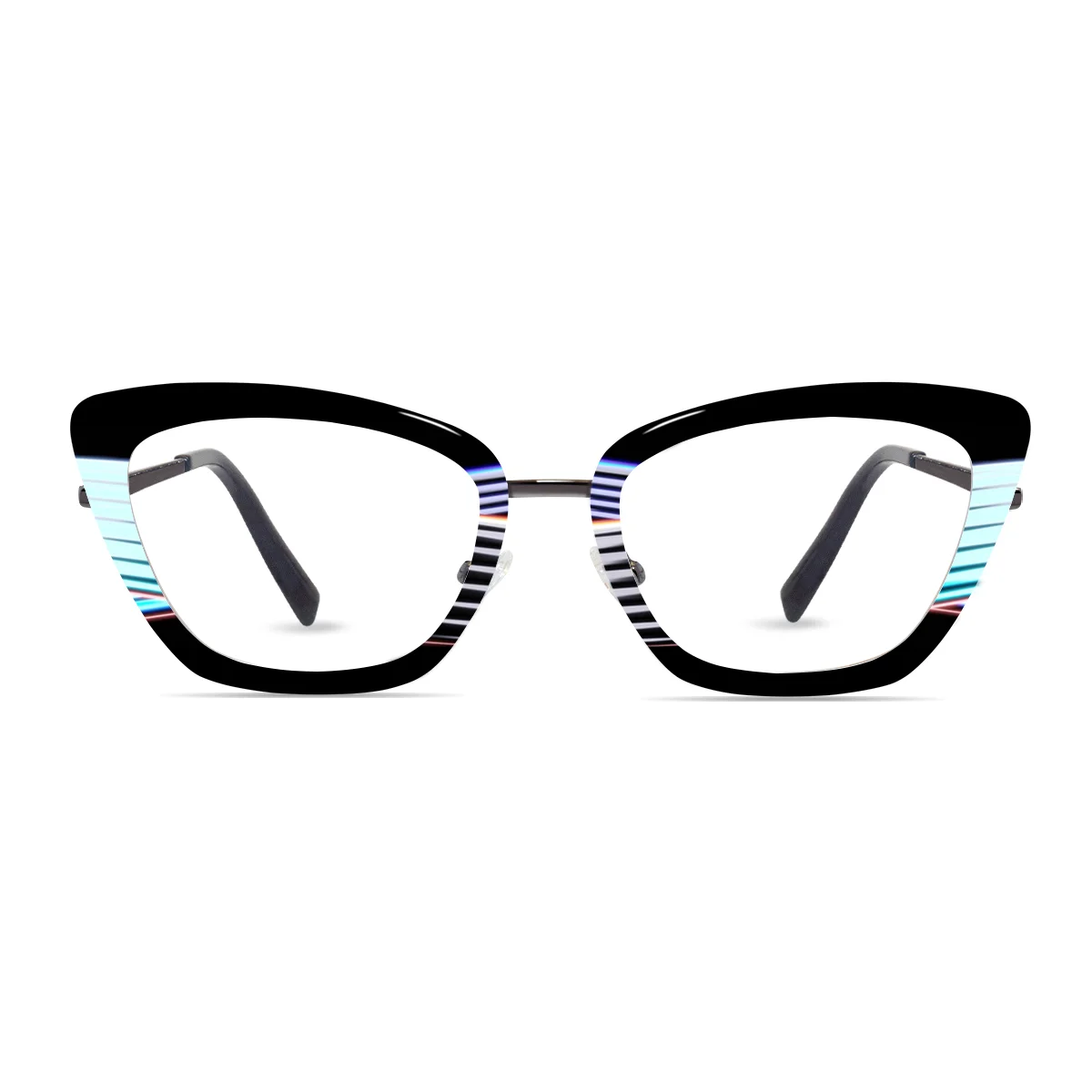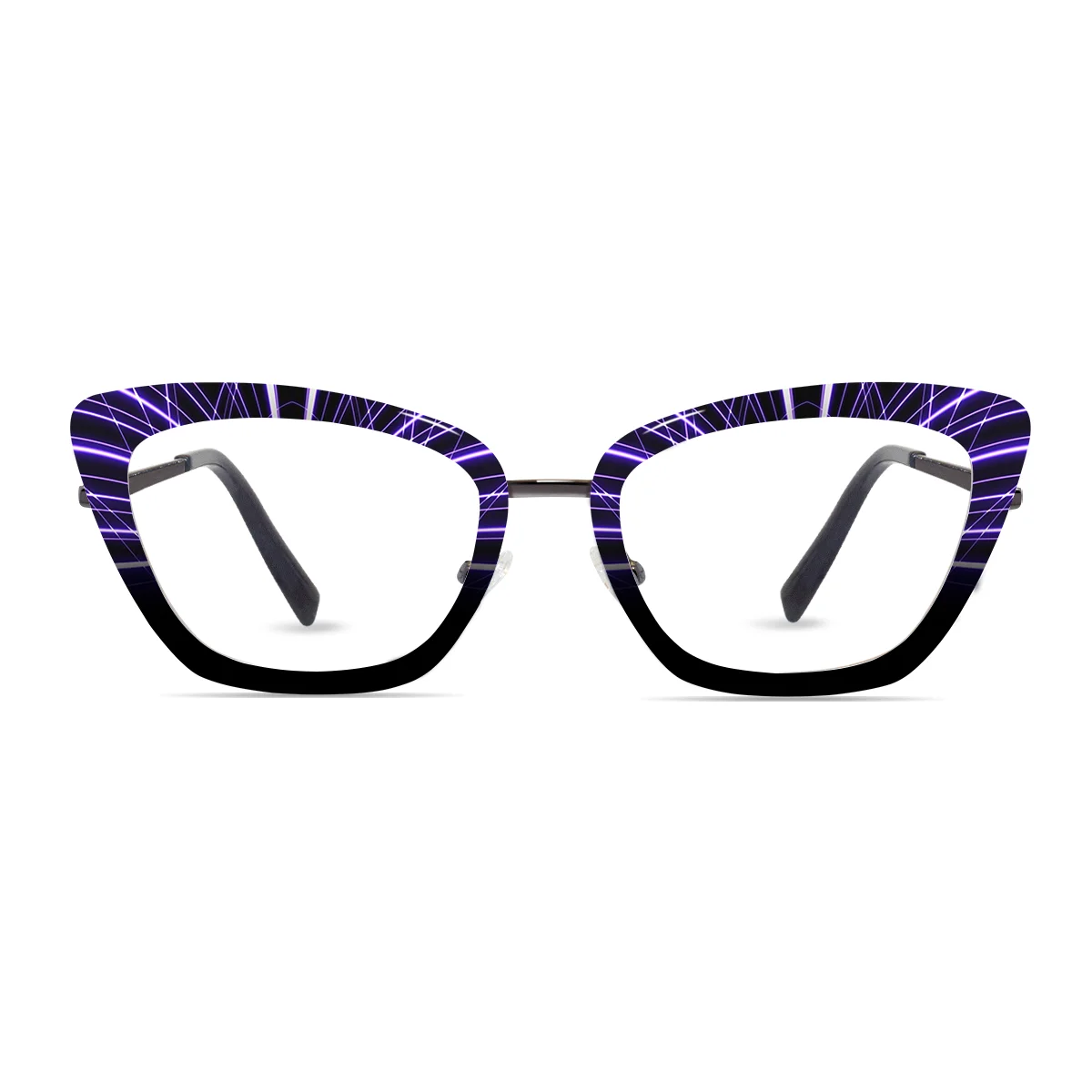Polycarbonate Lenses: Benefits, Drawbacks, and More
Polycarbonate lenses are widely recommended for their impressive safety features, including impact resistance, UV protection, and lightweight nature. They are an excellent choice for people seeking durability and comfort in their eyeglasses. This lens material is particularly suitable for children’s eyewear, sports glasses, and safety glasses due to its robustness.
What Are Polycarbonate Lenses?
Polycarbonate lenses are made from a strong, flexible plastic originally designed for use in aerospace equipment. Known for their high impact resistance, polycarbonate lenses can withstand forces that would cause other materials to chip or shatter. Despite being lightweight, they offer exceptional durability.
These lenses are molded under high pressure and heat, providing a compact, sturdy structure that makes them ideal for eyewear. Polycarbonate lenses are the standard for safety glasses, sports goggles, and even in rimless frames.
Polycarbonate vs. Plastic Lenses
While both plastic and polycarbonate lenses offer transparency and optical clarity, polycarbonate lenses are superior in terms of durability and impact resistance. Plastic lenses tend to be lighter and can be tinted more easily, but they lack the inherent UV protection provided by polycarbonate lenses.
Polycarbonate vs. High-Index Lenses
For individuals with strong prescriptions, high-index lenses are a popular option as they are thinner and lighter than regular lenses. However, polycarbonate lenses offer ten times more impact resistance, making them a better choice for those who require durability. Both lens types, however, may exhibit some optical distortion.
Polycarbonate vs. Trivex Lenses
Trivex lenses are another material similar to polycarbonate, known for their lightweight and impact-resistant properties. Polycarbonate lenses, however, are thinner and have a higher index of refraction, making them slightly less bulky. Despite this, polycarbonate lenses tend to have more visual distortions than Trivex lenses, which can affect clarity.
Benefits of Polycarbonate Lenses
1. Durability
Polycarbonate lenses are incredibly durable and resistant to impact. They were originally designed for use in aerospace, which speaks to their ability to withstand harsh conditions. They are ideal for safety glasses and eyewear worn in active environments.
2. Thin and Lightweight
Polycarbonate lenses are thinner than regular plastic lenses, making them more comfortable to wear. Their lightweight nature also makes them a popular choice for those who need glasses for extended periods.
3. Impact Resistance
One of the biggest advantages of polycarbonate lenses is their impact resistance. Polycarbonate is used in bulletproof glass, which highlights its ability to withstand significant impacts without shattering or cracking. This makes polycarbonate lenses particularly useful for active individuals, children, and athletes.
4. UV Protection
Polycarbonate lenses offer built-in UV protection, blocking 100% of harmful UV rays. This feature helps protect your eyes from potential long-term damage caused by sunlight exposure.
5. Flexibility
Polycarbonate lenses are highly flexible, allowing them to withstand stress better than many other materials. This makes them an excellent choice for safety eyewear or for individuals who need lenses that can withstand the rigors of everyday life.
Drawbacks of Polycarbonate Lenses
1. Higher Cost
Polycarbonate lenses tend to be more expensive than standard plastic lenses due to their advanced features, including impact resistance and UV protection. While they offer exceptional value for their durability, the initial cost may be a consideration for some buyers.
2. Scratch Resistance
Although polycarbonate lenses are durable, they are more prone to scratches compared to other materials. To combat this, lenses can be treated with an anti-scratch coating, although this adds to the overall cost.
3. Optical Clarity
While polycarbonate lenses provide a sharp field of vision, they do not offer the same level of optical clarity as other materials like Trivex. This can lead to slight visual distortions, particularly in the peripheral areas.
4. Weight
Polycarbonate lenses are generally lighter than standard plastic lenses but may still feel heavier than other advanced materials, such as Trivex. However, they are still considered a great option for most users.
Who Should Choose Polycarbonate Lenses?
Polycarbonate lenses are an excellent choice for individuals who lead an active lifestyle or those who need durable eyewear. They are particularly suitable for children, athletes, and individuals who require impact-resistant lenses. If you work in a high-risk environment or frequently engage in physical activities, polycarbonate lenses can offer peace of mind with their superior protection.
They are also highly recommended for people who wear rimless glasses, as the material’s strength helps ensure the lenses remain intact even with minimal support from the frame.
Polycarbonate lenses are a great upgrade from traditional eyewear, offering enhanced durability, protection, and comfort. Whether you're looking for everyday glasses or specialized safety eyewear, polycarbonate lenses are an excellent option.
Share this post
Varifocal Lenses: How They Work, Benefits, and Drawbacks
Varifocal lenses, also known as progressive lenses, provide seamless vision correction for various distances. They eliminate the need for multiple pairs of...
Lenses And Coatings
At XCombo.com, we are committed to providing high-quality prescription lenses tailored to every pair of frames you purchase. Our affordable and reliable...
Understanding CYL, AXIS, and SPH in Eye Prescriptions
When you receive an eye prescription, you may notice terms like CYL, AXIS, and SPH. These are essential measurements that help determine...
Blue Light Blocking Lens
Blue-ray exists everywhere todayWith the widespread use of electronic screens, more people suffer from eyestrain symptoms when using electronic devices. One of...
Trivex Lenses Explained: Differences, Advantages, and Considerations
Trivex lenses have gained significant attention in the eyewear industry as an advanced alternative to traditional lenses. Known for their durability, lightweight...

